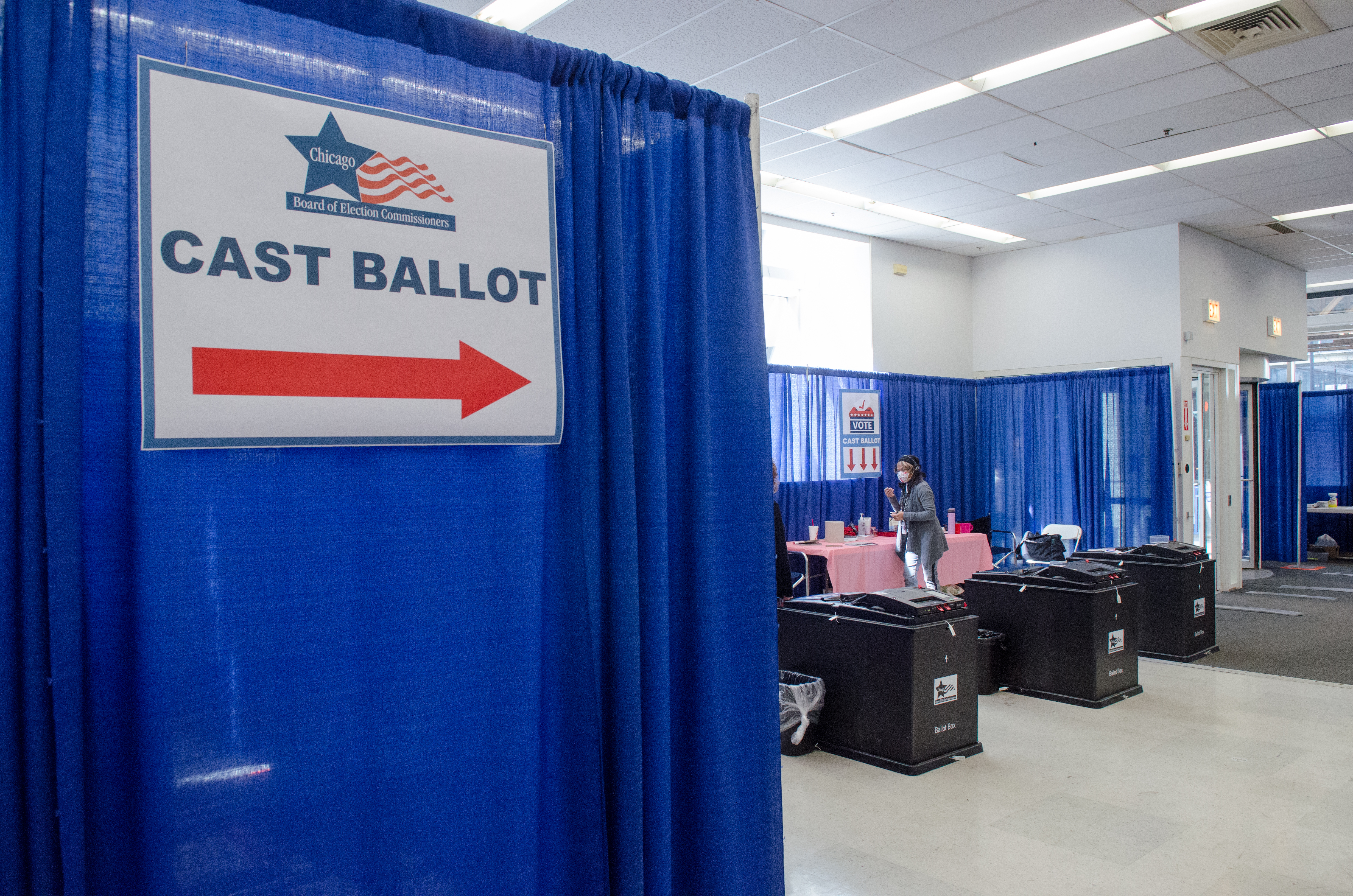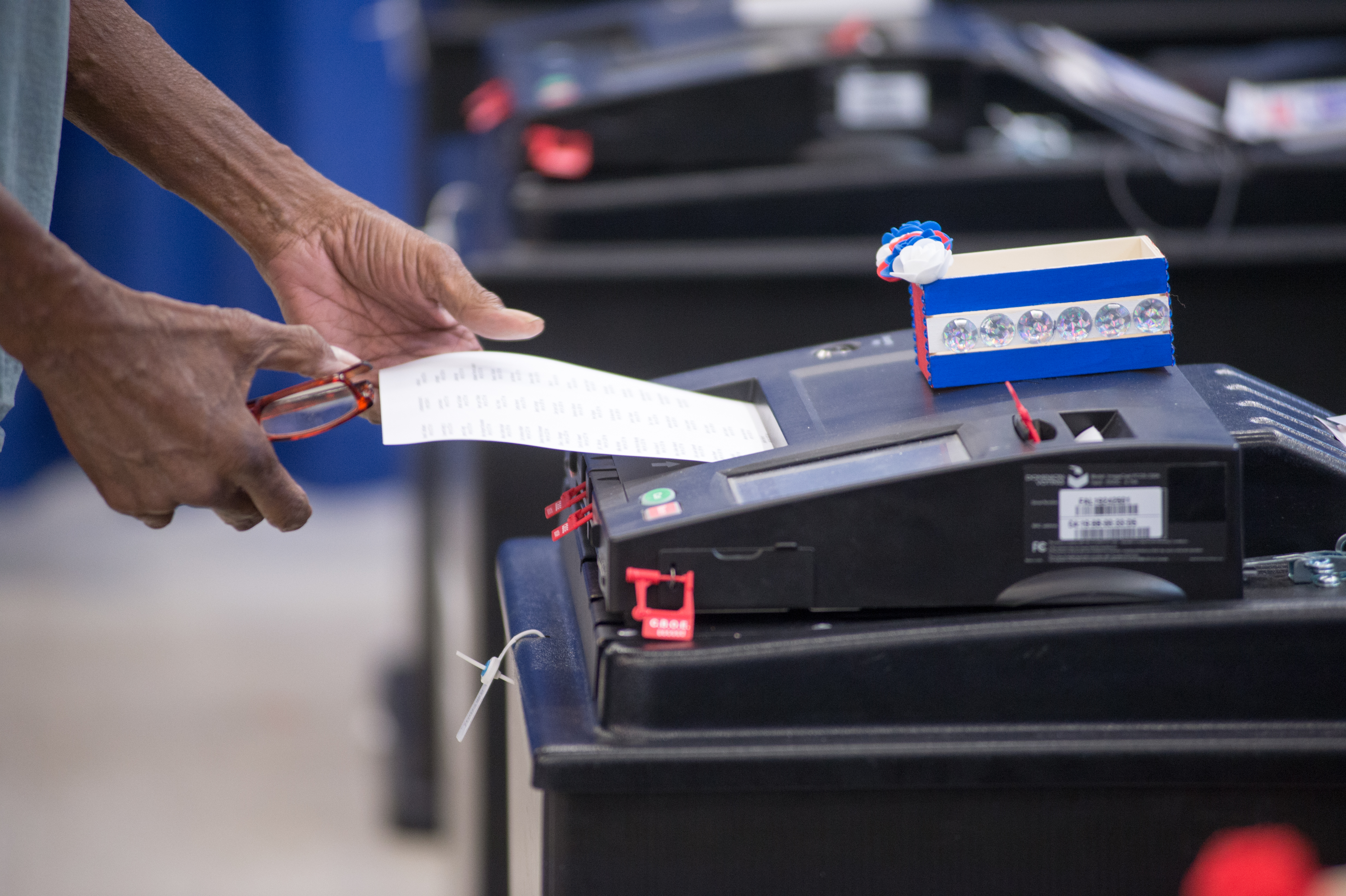The city of Chicago warned of daily fines for anyone who violates a new emergency travel order requiring those who visit states currently experiencing a rise in coronavirus cases to quarantine for 14 days.
But how will they enforce it?
Chicago Department of Public Health Commissioner Dr. Allison Arwady said Friday the city won't necessarily be tracking every traveler in the state.
"We really are asking people primarily to do the right thing here," she said.
According to the order, those in violation of the quarantine are subject to fines of $100 - $500 per day, up to $7,000.
"We're not saying that people aren't allowed to travel but that when they return they have to quarantine for 14 days," Arwady said.
She noted that while the city won't be pulling over people with out-of-state plates or creating a list of travelers, the order is aimed at discouraging non-essential travel.
Local
"We tried to balance here the ability to keep the really essential things going but send a strong message to individuals and to businesses that unless there is an essential reason to travel now is not the time to do it," Arwady said.
No specifics were detailed on how the city will notify those found in violation.
Under the order, travelers entering or returning to Chicago from "states experiencing a surge in new COVID-19 cases" will need to quarantine "for a 14-day period from the time of last contact within the identified state."
The order is set to take effect at 12:01 a.m. Monday and remain in effect until further notice.
States included in the order as of Thursday are: Alabama, Arkansas, Arizona, California, Florida, Georgia, Idaho, Louisiana, Mississippi, North Carolina, Nevada, South Carolina, Tennessee, Texas, and Utah.
"A state will be designated if it has a case rate greater than 15 new COVID-19 cases per 100,000 resident population, per day, over a 7-day rolling average," the city said in a statement.
According to the city, the list of states will be "reviewed and amended every Tuesday, starting July 14, 2020."
Arwady said the city will use signage on highways and at airports and will work with airlines to notify travelers of the order.
"We want people to be thinking twice about whether now is a good time to travel," Arwady said.



